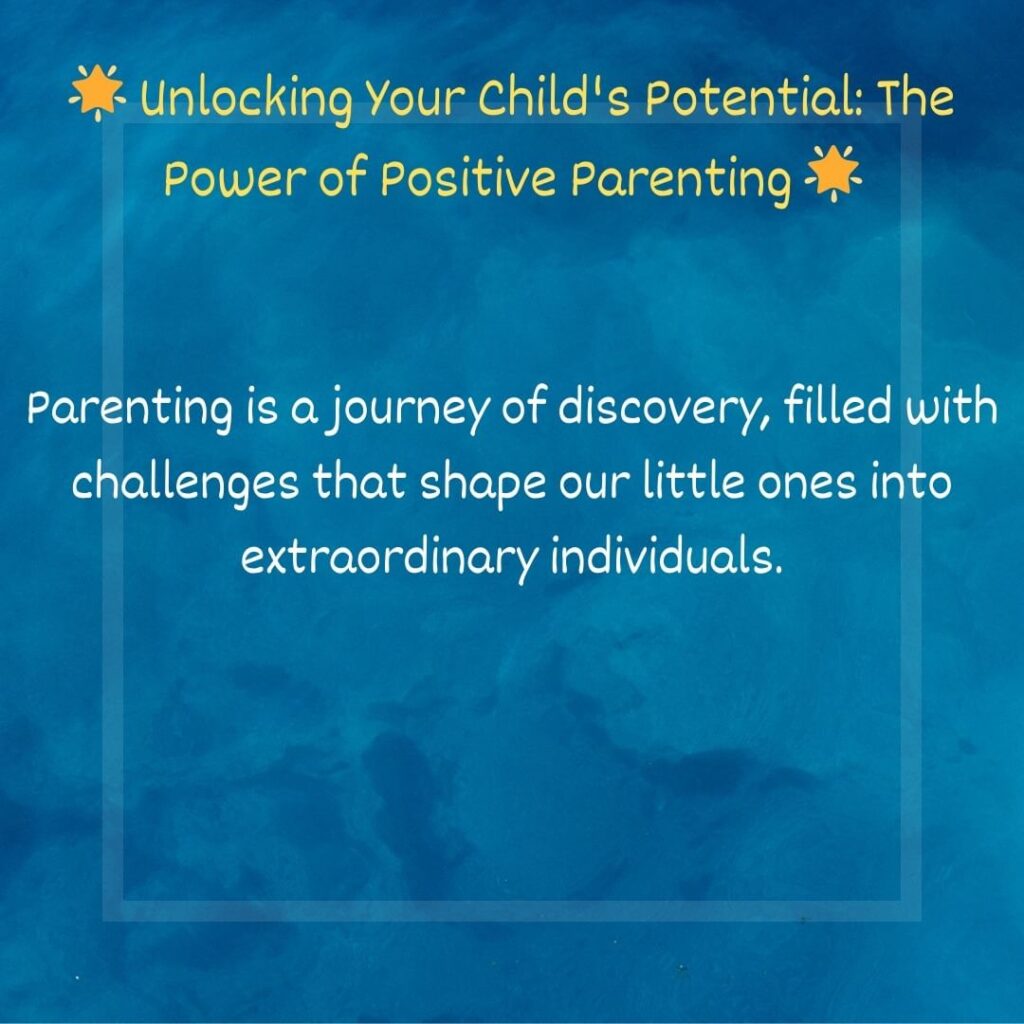– Nurturing Positive Behavior in Children
In the complex realm of child psychology, the influence of parental behavior plays a pivotal role in shaping a child’s personality. This blog delves into the story of a charming 4-year-old and explores the profound impact of positive guidance on her behavior.
Parental Influence: Shaping Behavior Through Positive Intervention
This introduction sets the stage for exploring the profound influence of parental behavior on a child’s development. It highlights the observations of a child’s mimicry of parental responses, the need for positive intervention, and the transformative journey towards instilling resilience and empathy.
The Innocence of Childhood:
Children, at the tender age of 4, are like sponges, absorbing everything from their surroundings. The innocence, cuteness, and style of this particular child belie the challenges her behavior poses.
Observing Parental Patterns:
Upon closer inspection, it becomes apparent that the child’s actions mirror her mother’s responses, especially during mealtime. The mother’s spontaneous outbursts in reaction to the child’s behavior seem to have created a pattern of mimicry in the little one.
Positive Intervention:
Recognizing the need for positive intervention, an individual takes a step into the child’s world. Armed with an understanding of child psychology, they embark on a journey to redirect the child’s behavior towards positivity.
Teaching Resilience and Respect:
The focus shifts to instilling positive values. The child is taught the importance of resilience, respecting others, and understanding the sacrifices her mother makes for her. This nurturing approach aims to break the cycle of negative behavior.
For additional insights on fostering positive behavior through reinforcement techniques, you may find this article on positive reinforcement helpful: Positive Reinforcement: Fostering Concentration.
Empowering the Child:
The child begins to comprehend her role in maintaining a harmonious relationship with her mother. Through simple yet powerful lessons, she learns the value of care, empathy, and respect, realizing that her actions affect not just herself but also those she cares about.
A Transformative Moment:
The transformative moment arrives when the child, previously inclined towards rebelliousness, exhibits a gesture of care and tenderness. In a role reversal, she tends to her mother’s injury, symbolizing a shift from defiance to compassion.
Generalizing the Lesson:
The narrative transcends this specific instance, offering a universal lesson for parents. It advocates for mindful parenting, emphasizing the far-reaching impact of positive guidance on a child’s behavior.
Parental Influence: Nurturing Empathy, Resilience, and Respect
Parental influence is a force that molds the clay of a child’s character. By understanding the nuances of child psychology and adopting positive approaches, parents can sow the seeds of empathy, resilience, and respect, ensuring a nurturing environment for their little ones to blossom.
Do Follow for More Tips and Inspiration:
- Instagram: Follow us on Instagram
- Pinterest: Follow our Pinterest profile
FAQs regarding – “Parental Influence”
- How does parental behavior shape a child’s personality according to the article?
- What is the significance of positive intervention in shaping a child’s behavior?
- Can you provide examples of how a child mirrors parental responses, as mentioned in the article?
- How does the article suggest teaching resilience and respect to children?
- What role does empathy play in the empowerment of a child, as discussed in the article?
- Could you elaborate on the transformative moment mentioned in the article?
- How does the article propose to generalize the lessons learned from the specific instance described?
- What are some key takeaways for parents regarding nurturing empathy, resilience, and respect in children, based on the article?
- Are there any recommended resources or further readings provided in the article for fostering positive behavior in children?
- How can mindful parenting positively impact a child’s behavior, according to the article?
